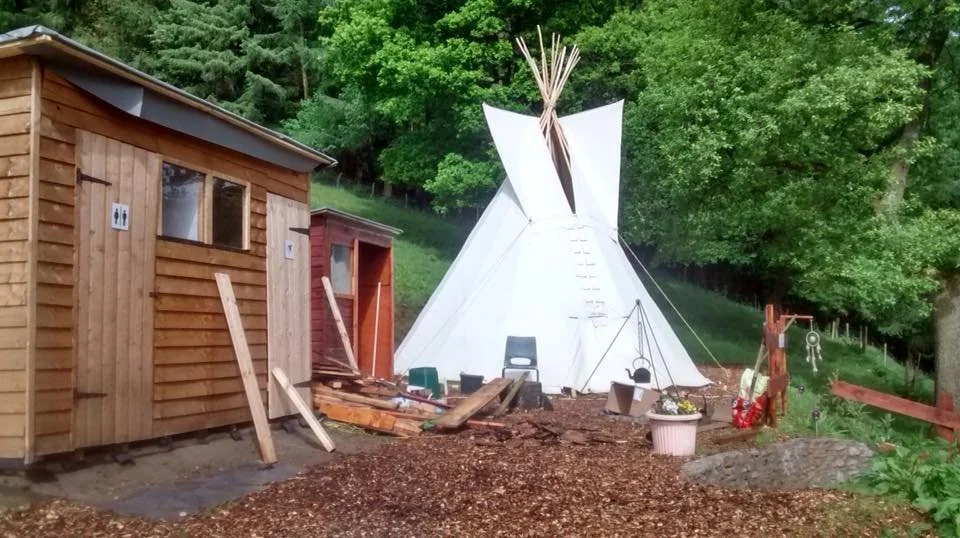The Role of Tipis in Outdoor Education in the UK
In the UK, outdoor education is increasingly recognised as vital for the holistic development of children and adults alike.
In this context, the traditional tipi has emerged as more than just a shelter; it's a dynamic tool for learning and exploration.
Tipis provide a unique, immersive environment that differs significantly from the conventional classroom.
The circular, open-plan space of a tipi fosters a sense of community and encourages interactive learning.
Whether for storytelling, environmental education, or history lessons, tipis offer a versatile setting that inspires curiosity and engagement.
Connection with Nature and Heritage: One of the key benefits of using tipis in education is their ability to connect students with nature and cultural heritage. Learning in a tipi, surrounded by the natural world, helps students understand and appreciate their environment. It also provides a tangible link to the historical and cultural significance of tipis, particularly in relation to Indigenous peoples which is a key part of Key Stage 2 in the UK school curriculum.
Outdoor Education and Mental Well-being: Studies have shown that learning in natural settings can significantly enhance mental well-being. The use of tipis in outdoor education aligns with this, offering a tranquil space where students can learn in a more relaxed and stress-free environment. This can be especially beneficial for children with special educational needs or those who find traditional classroom settings challenging.
Versatility for Different Educational Needs: Tipis can be adapted for various educational purposes. For younger children, they can be magical places for storytelling and imaginative play. For older students, they provide a novel setting for workshops, discussions, and environmental studies. For adult learners, tipis can be hubs for workshops, team-building activities, and professional development sessions.
Sustainability and Environmental Education: The use of tipis in outdoor education also promotes sustainability. Made from natural materials, tipis themselves are a lesson in sustainable living. Educators can use this aspect to teach about eco-friendly practices, the importance of reducing our carbon footprint, and living harmoniously with nature.
The role of tipis in outdoor education in the UK is multi-faceted. They are more than just structures, they are gateways to immersive learning experiences that connect students with nature, history, and each other. By integrating tipis into educational settings, we can provide enriching, holistic learning experiences that are both enjoyable and beneficial.

